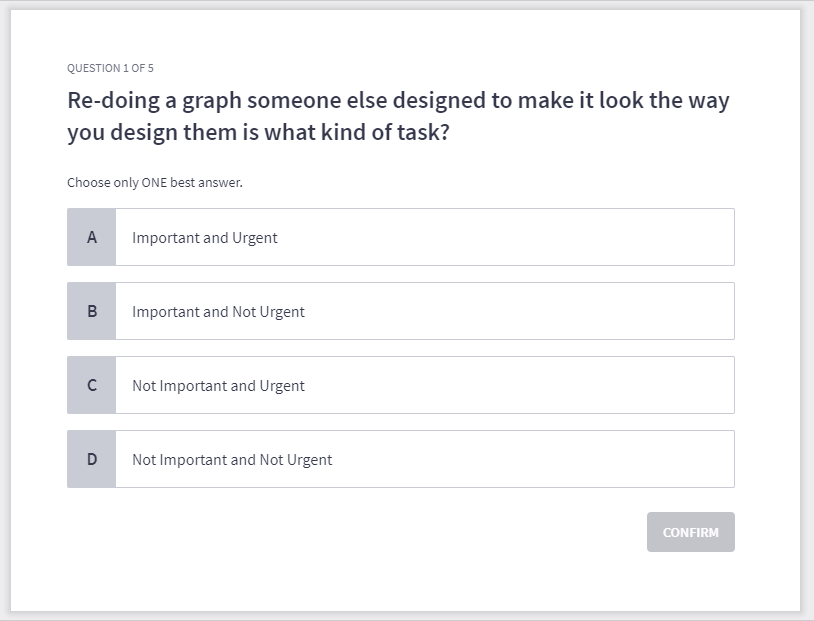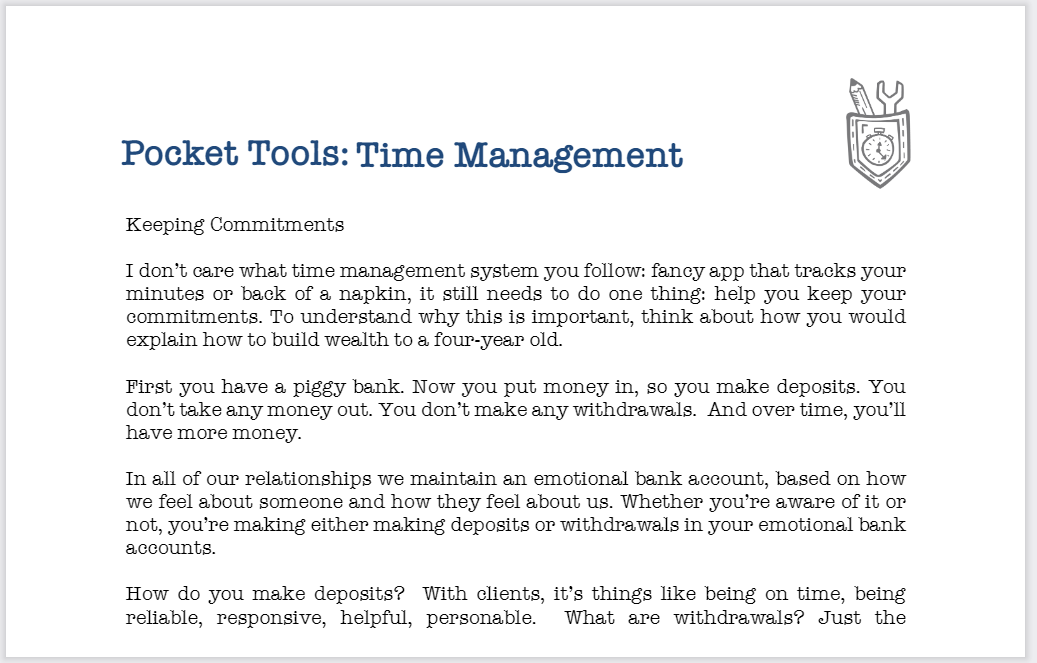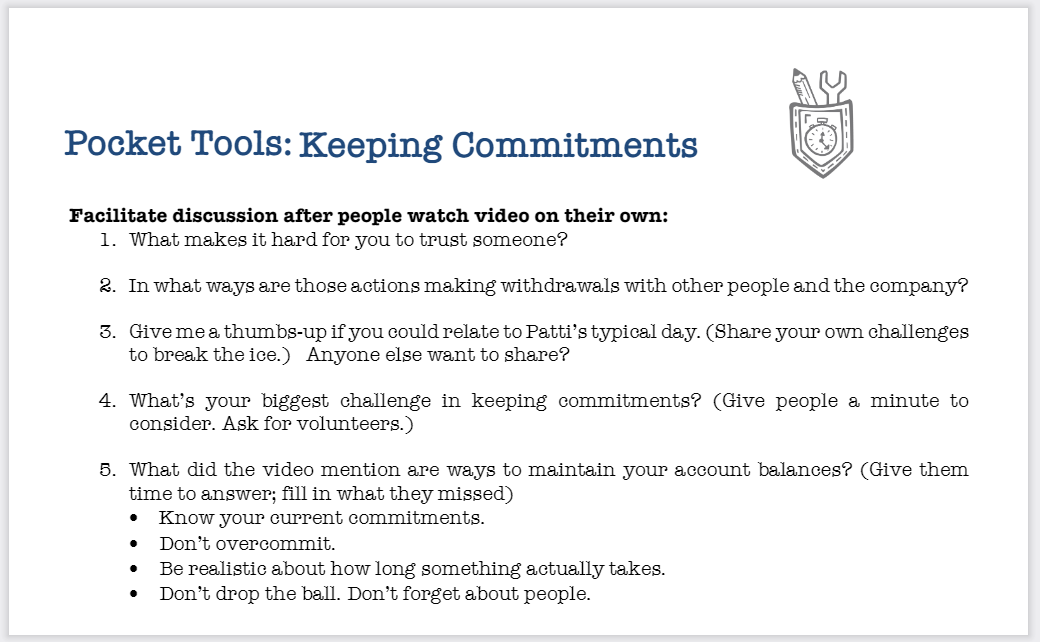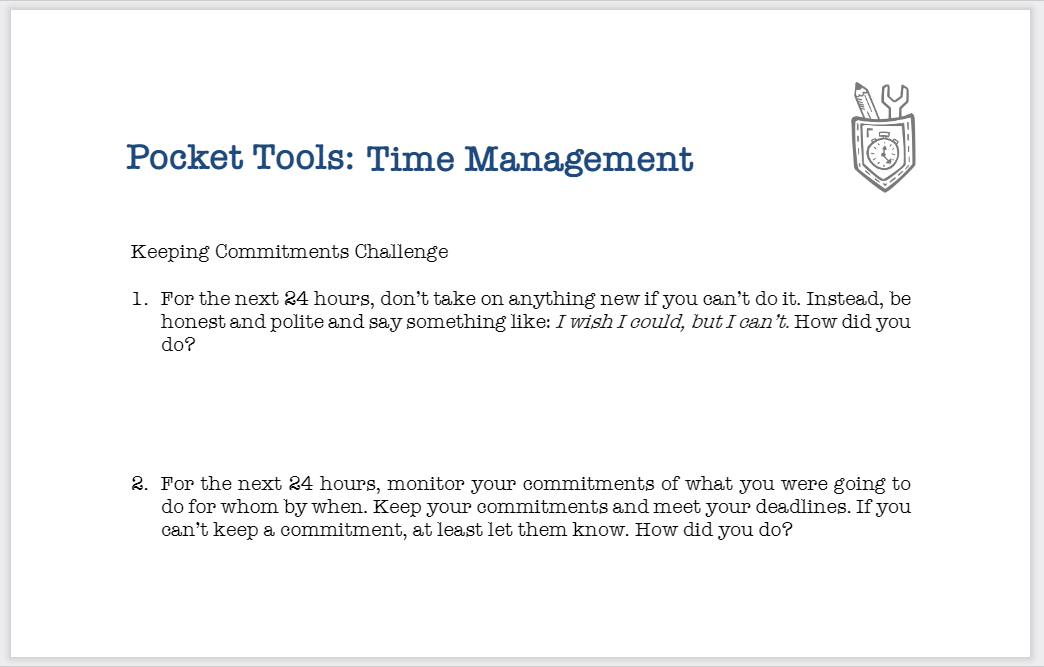Love this book by Pema Chodron, When Things Fall Apart: Heart Advice for Difficult Times.
“When we’re not in meditation, we could begin to notice our opinions just as we notice that we’re thinking when we’re meditating. This is an extremely helpful practice, because we have a lot of opinions, and we tend to take them as truth. But actually they aren’t truth. They are just our opinions. We have a lot of emotional backup for these opinions. They are often judgmental or critical; they’re sometimes about how nice or perfect something is. In any case, we have a lot of opinions. Opinions are opinions, nothing more or less. We can begin to notice them, and we can begin to label them as opinions, just as we label thoughts as thoughts. Just by this simple exercise we are introduced to the notion of egolessness. All ego really is, is our opinions, which we take to be solid, real, and the absolute truth about how things are. To have even a few seconds of doubt about the solidity and absolute truth of our own opinions, just to begin to see that we do have opinions, introduces us to the possibility of egolessness. We don’t have to make these opinions go away, and we don’t have to criticize ourselves for having them. We could just notice what we say to ourselves and see how so much of it is just our particular take on reality which may or may not be shared by other people. We can just let those opinions go, and come back to the immediacy of our experience. We can come back to looking at someone’s face in front of us, to tasting our coffee, to brushing our teeth, to whatever we might be doing. If we can see our opinions as opinions and even for a moment let them go, and then come back to the immediacy of our experience, we may discover that we are in a brand-new world, that we have new eyes and new ears. When I talk about noticing opinions, I’m talking about noticing them as a simple way of beginning to pay attention to what we think and do and how much energy comes along with that. Then we can also begin to realize how solid we make things and how easy it is to get into a war in which we want our opinions to win and someone else’s to lose. It is especially tempting to do this when we’re engaged in social action. Let’s use the example of the ozone layer. We can rightly say that the thinning of the ozone layer is a scientific fact; it’s not simply an opinion. But if the way we work with trying not to further harm the ozone layer is to solidify our opinion against those we feel are at fault, then nothing ever changes; negativity begets negativity. In other words, no matter how well documented or noble our cause is, it won’t be helped by our feeling aggression toward the oppressors or those who are promoting the danger. Nothing will ever change through aggression. You could say that not much changes through nonaggression either. However, nonaggression benefits the earth profoundly. The root cause of famine, starvation, and cruelty at the personal level is aggression. When we hold on to our opinions with aggression, no matter how valid our cause, we are simply adding more aggression to the planet, and violence and pain increase. Cultivating nonaggression is cultivating peace. The way to stop the war is to stop hating the enemy. It starts with seeing our opinions of ourselves and of others as simply our take on reality and not making them a reason to increase the negativity on the planet. The key is to realize the difference between opinions and clear-seeing intelligence. Intelligence is like seeing thoughts as thinking, not having opinions about whether those thoughts are right or wrong. In the context of social action, we can see that what a government or corporation or individual is doing is clearly causing rivers to be polluted or people and animals to be harmed. We can take photographs of it; we can document it. We can see that suffering is real. That is because of our intelligence and because we don’t let ourselves be swept away by opinions of good and evil or hope and fear. It’s up to us to sort out what is opinion and what is fact; then we can see intelligently. The more clearly we can see, the more powerful our speech and our actions will be. The less our speech and actions are clouded by opinion, the more they will communicate, not only to the people who are polluting the rivers, but also to those who are going to put pressure on the people who are polluting the rivers. Just as the Buddha taught, it’s important to see suffering as suffering. We are not talking about ignoring or keeping quiet. When we don’t buy into our opinions and solidify the sense of enemy, we will accomplish something. If we don’t get swept away by our outrage, then we will see the cause of suffering more clearly. That is how the cessation of suffering evolves. This process requires enormous patience. It’s important to remember, when we’re out there nonaggressively working for reform, that, even if our particular issue doesn’t get resolved, we are adding peace to the world. We have to do our best and at the same time give up all hope of fruition. One piece of advice that Don Juan gave to Carlos Casteneda was to do everything as if it were the only thing in the world that mattered, while all the time knowing that it doesn’t matter at all. That attitude leads to more appreciation and less burnout, because we do the job wholeheartedly and we care. On the other hand, each day is a new day; we’re not too future oriented. Although we are going in a direction, and the direction is to help diminish suffering, we have to realize that part of helping is keeping our clarity of mind, keeping our hearts and our minds open. When circumstances make us feel like closing our eyes and shutting our ears and making other people into the enemy, social action can be the most advanced practice. How to continue to speak and act without aggression is an enormous challenge. The way to start is to begin to notice our opinions. There is nobody on the planet, neither those whom we see as the oppressed nor those whom we see as the oppressor, who doesn’t have what it takes to wake up. We all need support and encouragement to be aware of what we think, what we say, and what we do. Notice your opinions. If you find yourself becoming aggressive about your opinions, notice that. If you find yourself being nonaggressive, notice that. Cultivating a mind that does not grasp at right and wrong, you will find a fresh state of being. The ultimate cessation of suffering comes from that. Finally, never give up on yourself. Then you will never give up on others. Wholeheartedly do what it takes to awaken your clear-seeing intelligence, but one day at a time, one moment at a time. If we live that way, we will benefit this earth.”
— When Things Fall Apart: Heart Advice for Difficult Times (Shambhala Classics) by Pema Chodron.
Buy it here: https://read.amazon.com/kp/kshare?asin=B00BBXJH2C&id=ZqmNoCwLTHaIPQHAfZfeZw&reshareId=A4PB1P57EXBFBTQYEWKJ&reshareChannel=system




Recent Comments